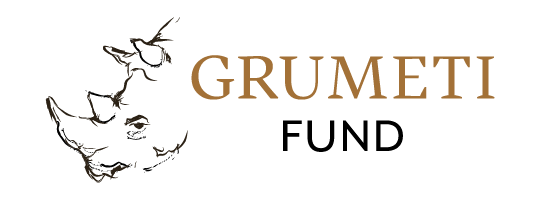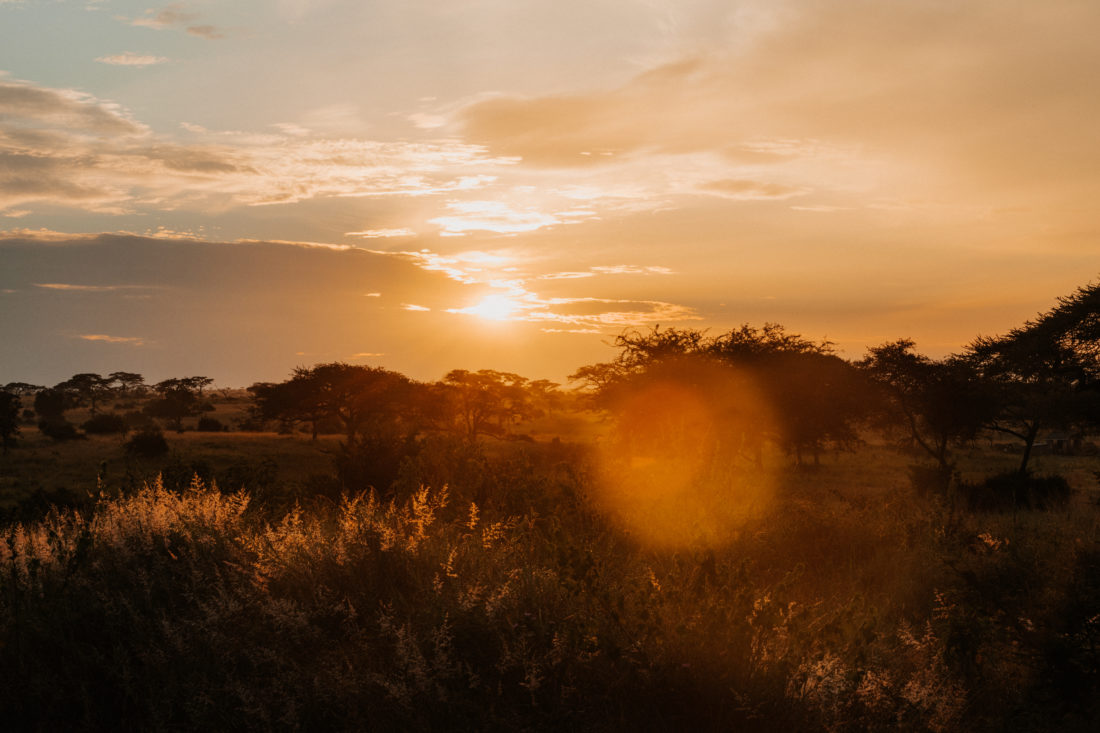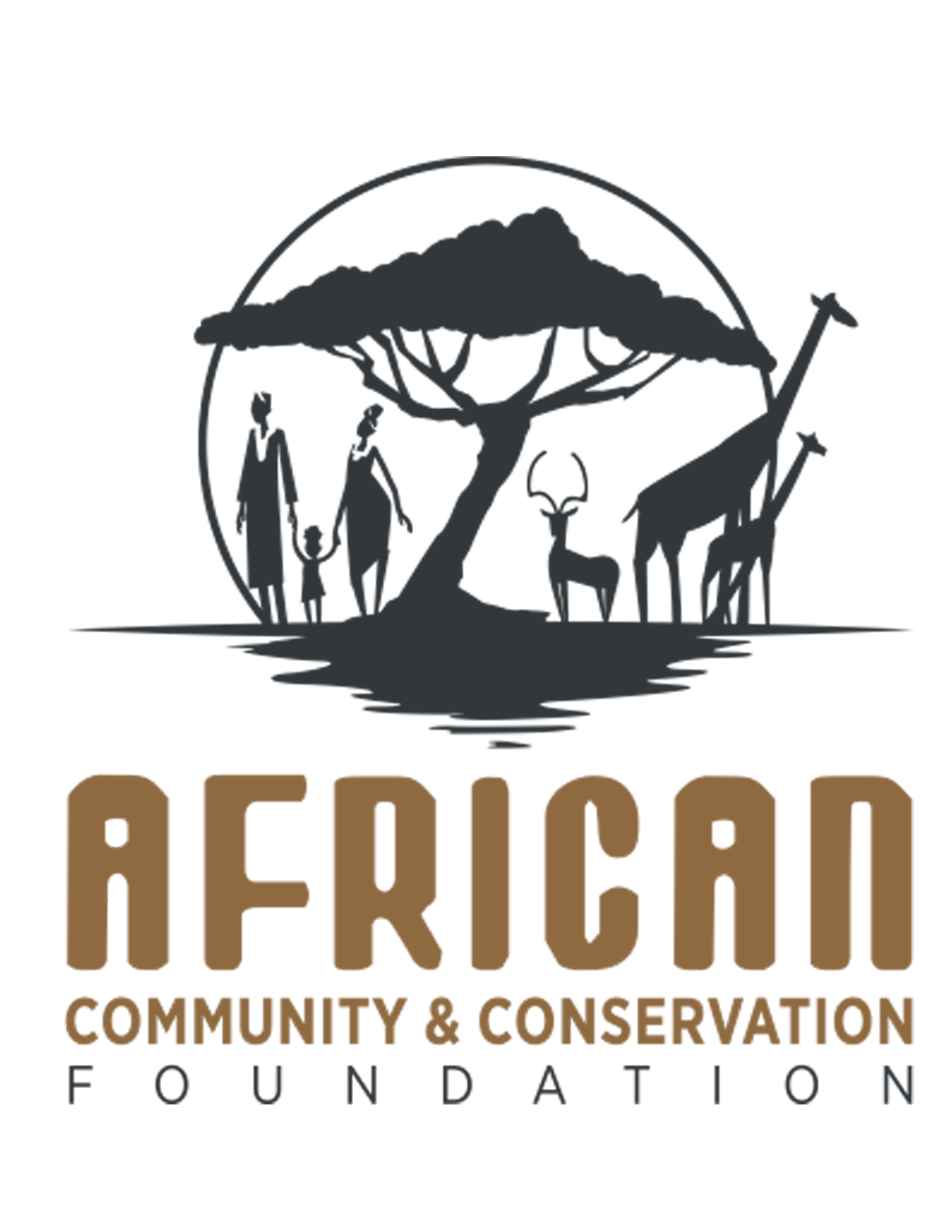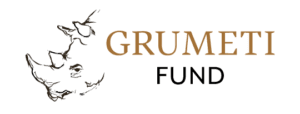Women in the Field
At Grumeti Fund we are firm believers that while it is imperative to have a realistic grip on the threats to conservation, it is just as important to identify and celebrate victories, small and large. In a year rife with challenges, hosting a session of our Women in the Field (WIF) program is a personal bright spot. I look forward to the start of the program all year long, and while we had to cancel one session in 2020, I am grateful that we are able to proceed with session two as planned.

WIF is a three-week skills-based intensive for talented Tanzanian women in the conservation sector, hosted out of the newly constructed RISE center, in which we focus on both the theory and practice of social and ecological data collection. We explore the ethics of human subjects research, how to administer household surveys, conduct field observations of wildlife, explore camera trapping and telemetry, and mix in some data analysis and professional development along the way.

Perhaps even more important than the specific skills gained, this program facilitates the building of community among women working in conservation in Tanzania. Because of various barriers, women are poorly represented in field-oriented jobs in the conservation sector. Career and training opportunities often spread via word of mouth and within existing networks – these regular channels can unintentionally exclude women. When women do crack the system, they often find themselves as the only woman on a team, which can be extremely isolating and challenging. Conservation activities will only truly be equitable and sustainable when women are represented across all levels of decision making. This program offers women the opportunity to create networks that offer both career-oriented connections and support when challenges arise.

In the two years that we have run the Women in the Field program, each session has received well over 100 completed applications from very qualified candidates. Most applicants have a BSc in Wildlife Management, Natural Resource Management, or related field. The lack of representation of women in the conservation sector has nothing to do with a dearth in availability of interested, passionate, and qualified women. Rather, it is more closely tied to access – to training opportunities and conservation networks – and the need for organizational inclusivity which makes women feel valued and supported in their roles.
The magnitude of interest the program generates has convinced us that there is a need to do more in this arena. While we may not be able to bring all applicants to site for training, we have some exciting ideas for alternative means of engagement from which all interested women can benefit. Stay tuned for a recap of WIF 2020, and for details on what we have planned for 2021!

written by Dr. Kristen Denninger Snyder, Head Scientist, RISE
To donate to Women in the Field, click here (please make sure to write in your comments that you are donating to this program!).




